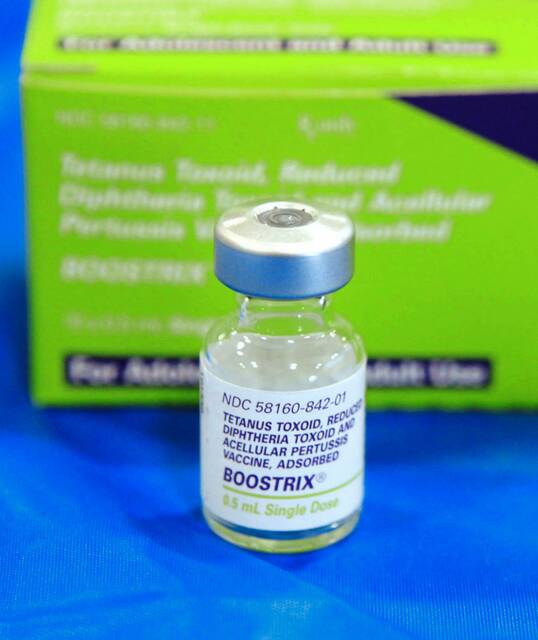Privacy and transparency can be natural enemies.
People have an assumption of privacy when it comes to their information — financial, legal, business and especially medical.
However, the public has a right to transparency regarding the decisions that are made in their name and the expenses that are charged to the taxpayers’ purse.
These can butt up against each other. Where does an elected official’s right to privacy stop and start? What information is the public owed, and what is allowed to be locked away? These battles play out in bureaucratic offices and courtrooms every day over different interpretations of things such as the Right to Know Law and the Freedom of Information Act.
The latest is over a Spotlight PA request to the Pennsylvania Department of Health about information regarding the state’s medical marijuana program.
Spotlight PA wanted data about how often physicians approve medical marijuana cards. The independent statewide newsroom — of which the Tribune-Review is a partner — says it is clear it was seeking information about the doctors and not patient information that would be protected under federal law.
The state Office of Open Records found this reasonable and gave the health department 30 days to comply. The department responded by appealing to Commonwealth Court.
That should be interesting, as that court just ruled on a similar case between the health department and Spotlight PA in August. The Office of Open Records cited the ruling in its response.
The newly sought info could be important to understanding the context of the state’s medical marijuana rules. It could help see if the process is deliberative or if just paying for certification is an all-access pass beyond the program’s velvet rope.
For example, millions of people apply for Social Security disability every year. About 21% are approved immediately. Another 10% are approved after some kind of appeal. An average of 67% are denied. It’s a rigorous process with well-documented statistics openly available.
The state health department should be just as clear. It absolutely is possible to protect the privacy of the individuals participating in the medical marijuana program without obscuring the data on approvals or denials. That is in the public interest to know.
Privacy and transparency often are at odds, but they don’t have to be. In this instance, the problem is not the news organization doing the digging. It is the dug-in heels of one state office trying to get around the decision of another that is the issue.








